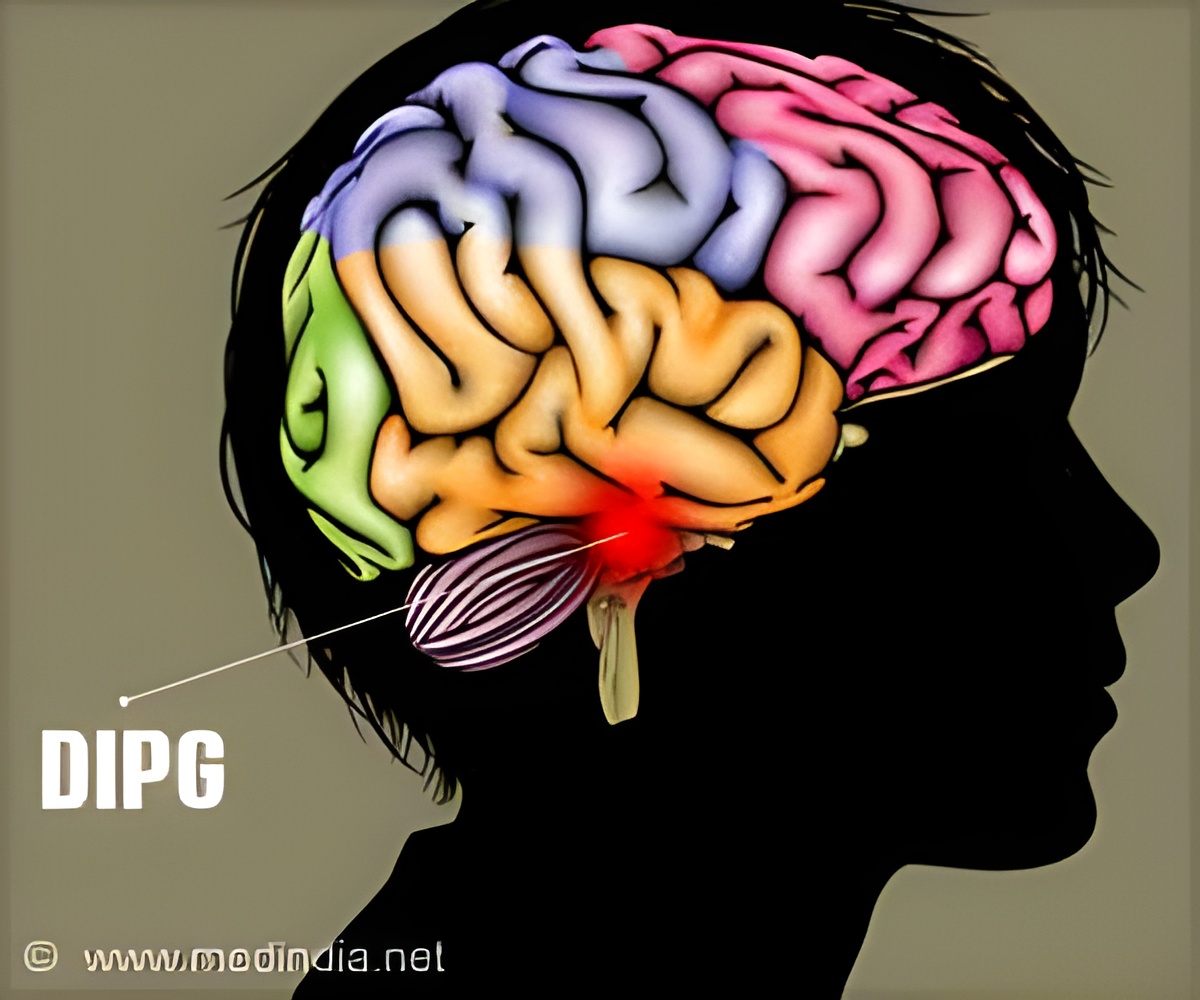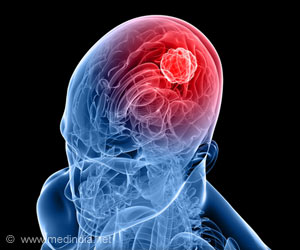
‘Glutamine-restricted diet in brain tumor children can enhance the effect of chemotherapy and increase the life span.’
Tweet it Now
Medulloblastoma is the most common solid primary brain tumour in children and a major cause of mortality in childhood cancers. Current treatments include a combination of surgery, radiotherapy and chemotherapy, and are effective in a majority of cases, but often associated with significant side effects, such as mental and physical disabilities.First author Maria Niklison-Chirou from QMUL said: "If we can confirm in human patients that a glutamine restriction diet can be tolerated and is effective, it may be possible to use it to reduce the drug doses required to treat a proportion of patients with medulloblastoma. This may lead to more patients being cured or allow survivors to have a better quality of life."
Cliff O’Gorman, Chief Executive of Children with Cancer UK, which co-funded the study, said: "We welcome these findings, which open up the possibility of kinder, more effective precision treatment for young patients with medullobastoma.
Children and young people with this devastating condition face aggressive treatments that can have a long-term impact on their health and well-being. It is crucial that we build on encouraging findings like these by investing in further studies and clinical trials to make cutting-edge treatment a reality for young cancer patients in the UK."
Dr Mariana Delfino-Machin, MRC Programme Manager for cancer, said:
Advertisement
The study, published in Genes & Development, looked at cells from medulloblastoma patients, and mice which had the disease. The researchers studied the metabolic processes that allow the tumour cells to grow, including the absorption of amino acids, with the aim of identifying new approaches to inhibit their growth and enhance current treatments.
Advertisement
They then fed a glutamine-restricted diet to mice with the disease, and found that this enhanced the effect of chemotherapy, and increased the life span of mice, even when they were treated with lower doses of chemotherapy.
The researchers warn that although these preclinical results are promising, further studies are required to assess whether a similar approach can be applied to human patients.
Source-Eurekalert















